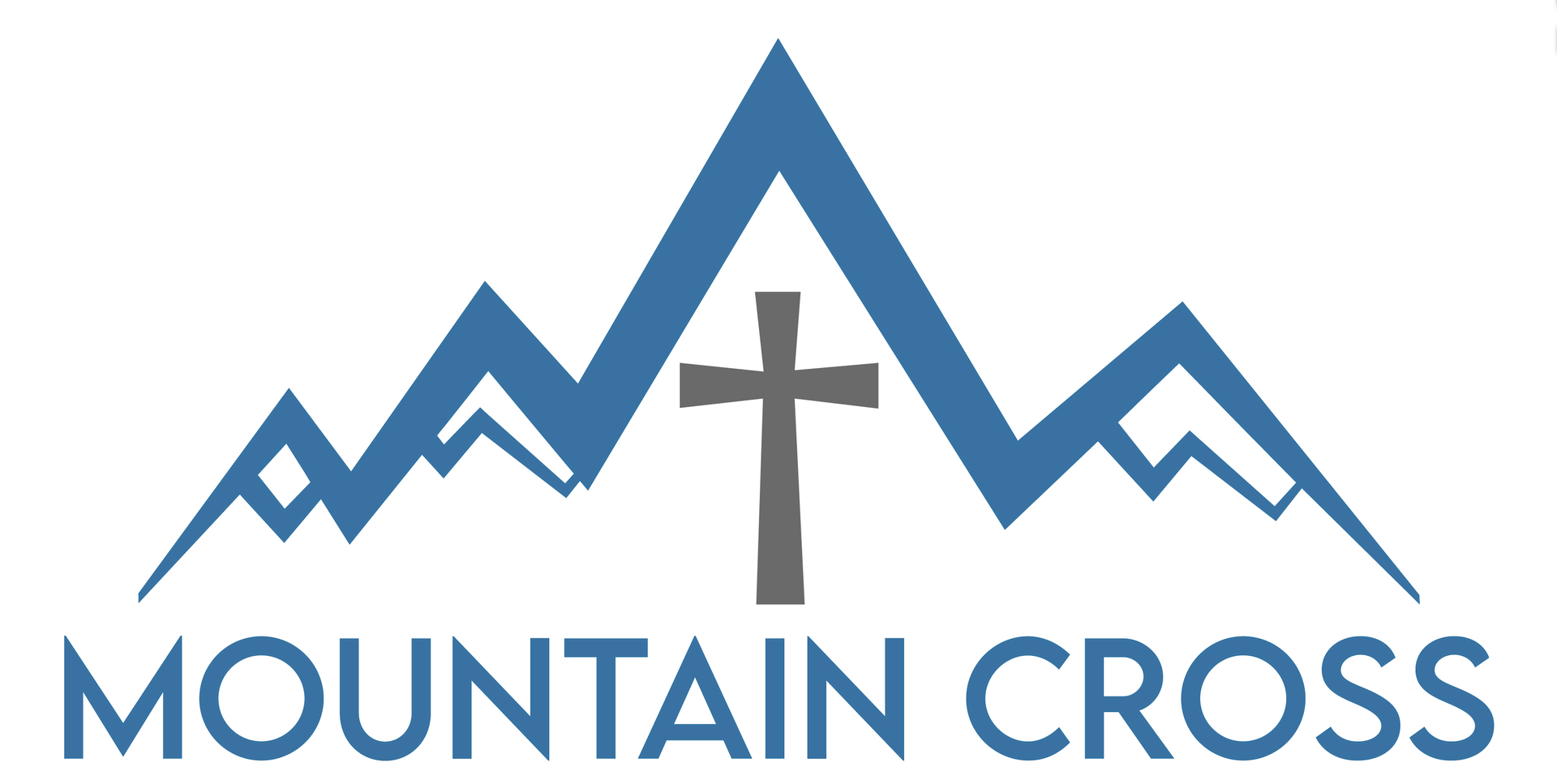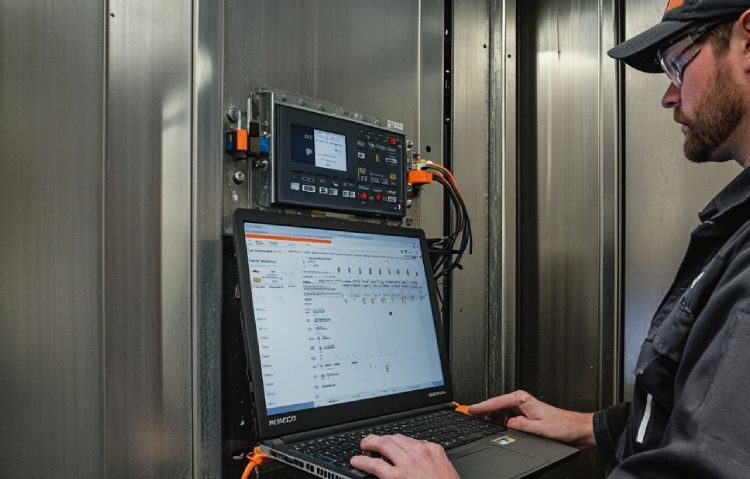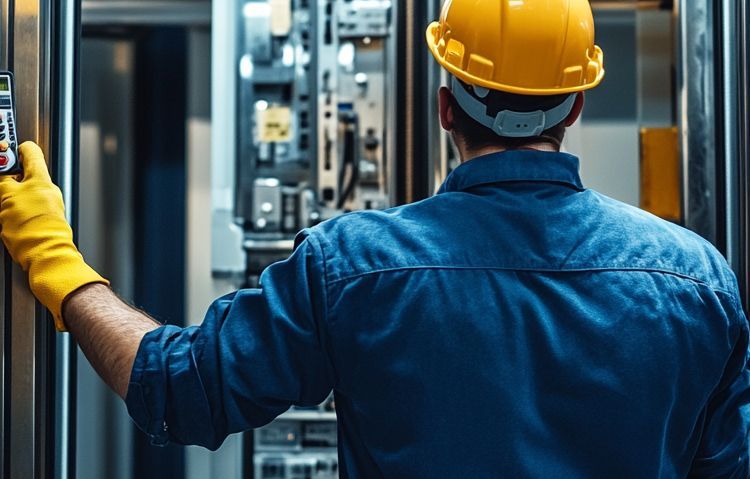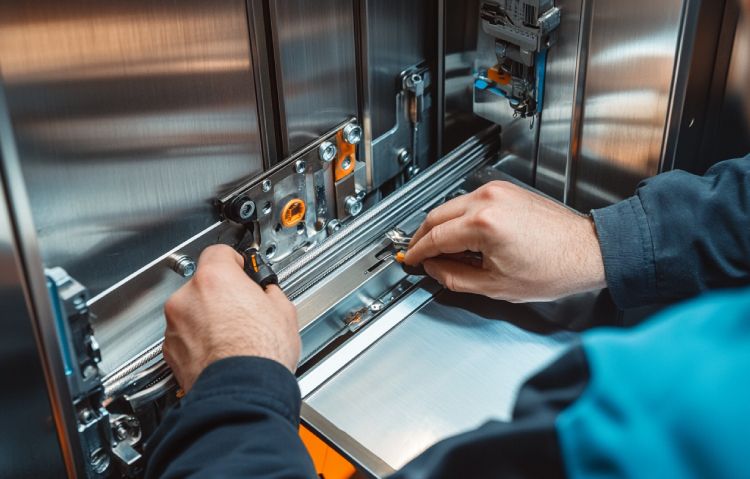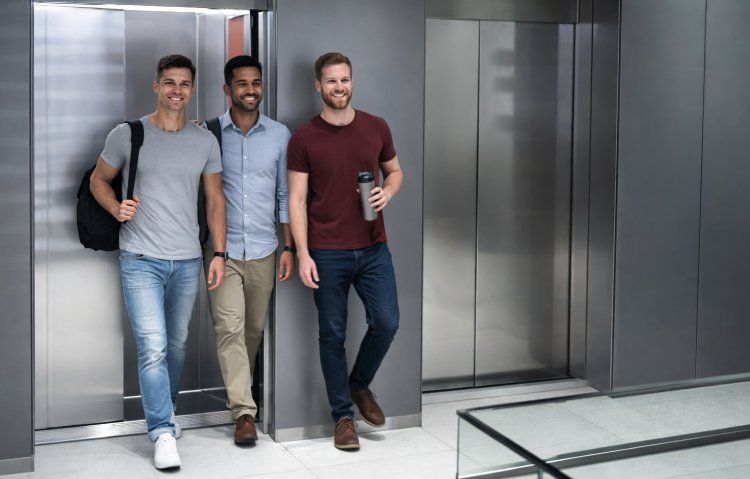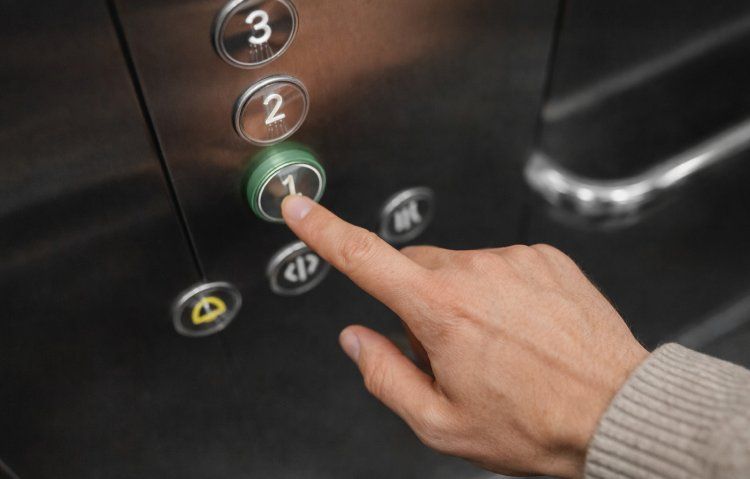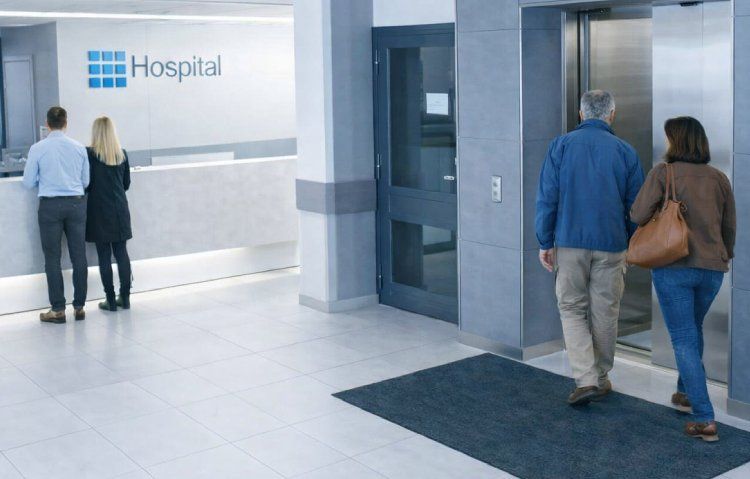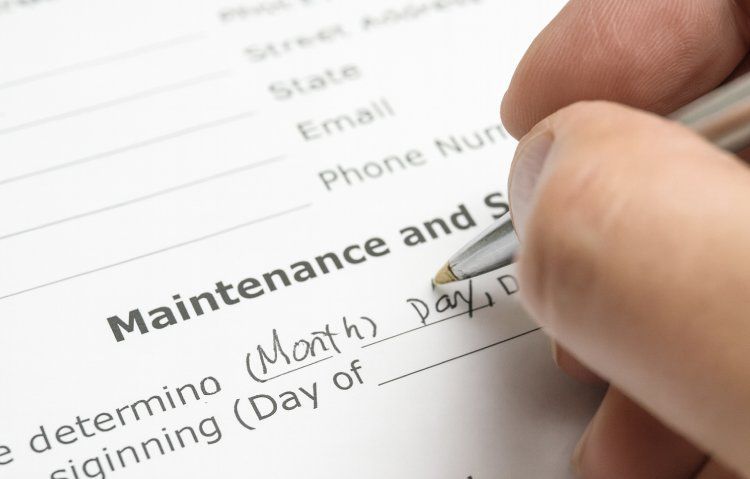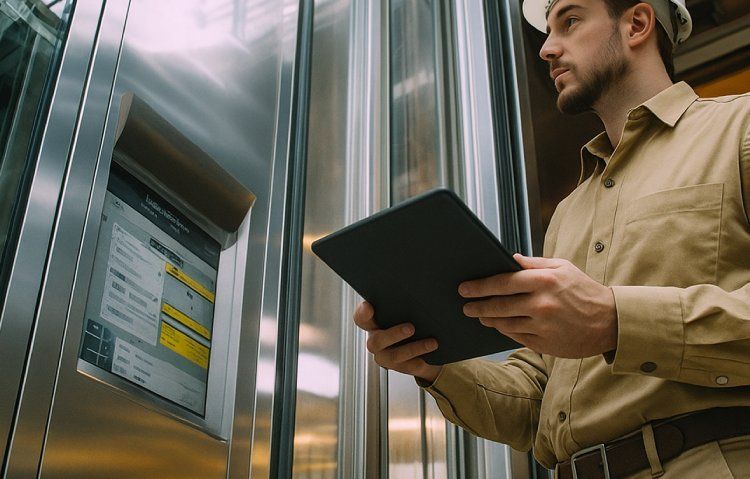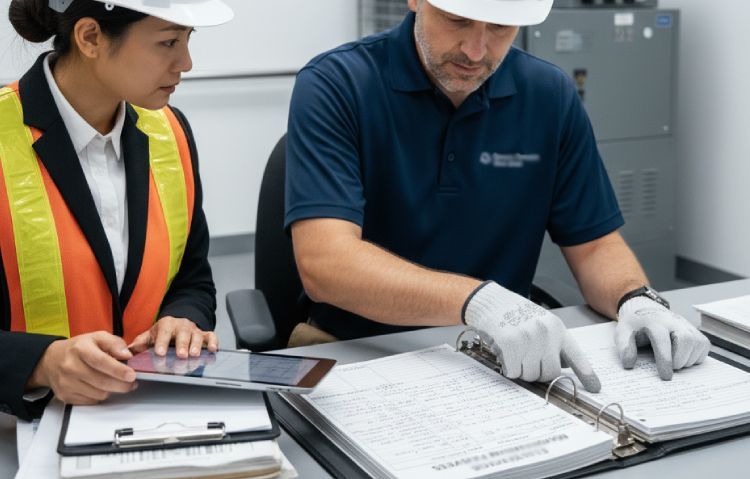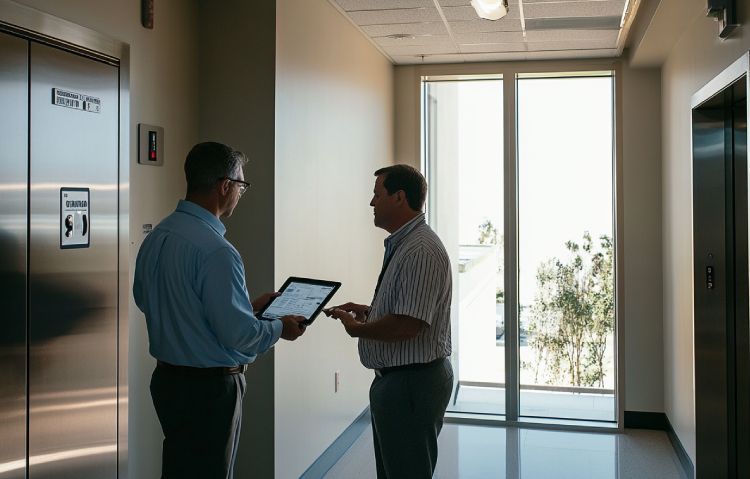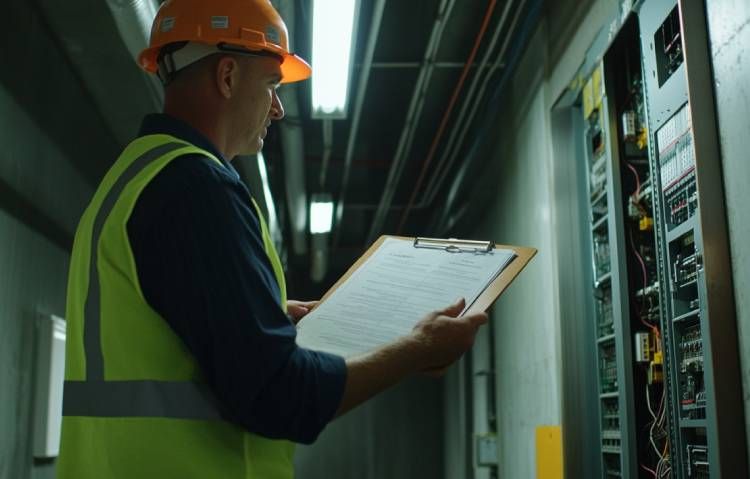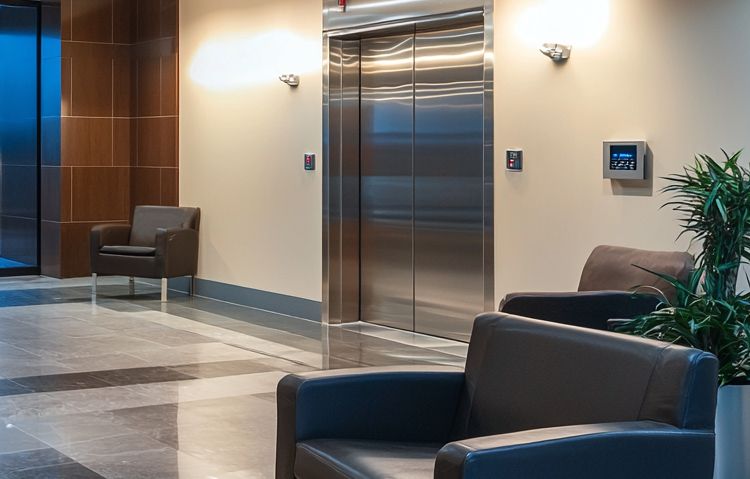Why a Maintenance Control Program is Essential for Elevators & Vertical Transportation
A Maintenance Control Program (MCP) is a strategic necessity for elevators, escalators, and vertical transportation assets. Property owners and facility managers must prioritize safety, regulatory compliance, and operational efficiency to prevent costly failures, legal liabilities, and unplanned downtime. In this article, we’ll explore the critical role of an MCP, its key components, and how implementing a structured maintenance plan ensures longevity and reliability.
Understanding the Maintenance Control Program (MCP)
A Maintenance Control Program is a systematic plan designed to manage maintenance, inspections, and repairs for elevators, lifts, and escalators. It ensures compliance with national and local building codes, safety standards, and industry regulations.
🔹 Ensures Code Compliance & Regulatory Adherence
Maintaining an MCP helps property owners and building managers comply with national and local safety standards. This includes adherence to the ASME A17.1/CSA B44 Safety Code for Elevators and Escalators, which governs the inspection, maintenance, and performance standards for all vertical transportation systems. Staying compliant not only reduces the risk of penalties and fines but also ensures that your property meets industry best practices for safety and functionality.
🔹
Enhances Safety & Reduces Risk of Mechanical Failures
A well-maintained system significantly reduces the risk of operational failures, accidents, and entrapments. Regular inspections and preventive maintenance identify potential issues before they escalate into safety hazards. This is especially critical in high-traffic buildings, such as commercial properties, residential complexes, and healthcare facilities, where safe and reliable vertical transportation is essential for everyday operations.
🔹 Increases Asset Longevity & Performance Efficiency
Elevators and escalators are significant investments, and an MCP ensures they remain in top condition for an extended period. Proper maintenance prevents excessive wear and tear, helping extend the lifespan of vertical transportation systems. This leads to better long-term performance, improved energy efficiency, and a lower total cost of ownership (TCO) for building owners.
🔹 Reduces Downtime & Minimizes Costly Emergency Repairs
Unexpected breakdowns not only cause inconvenience but also lead to expensive emergency repair costs. A proactive MCP focuses on preventive maintenance, routine inspections, and timely repairs, ensuring that elevators and escalators remain operational with minimal disruptions. This reduces downtime, enhances tenant and visitor satisfaction, and avoids costly last-minute service calls.
Regulatory Compliance and Industry Standards
The American Society of Mechanical Engineers (ASME) and Occupational Safety and Health Administration (OSHA) establish stringent requirements for elevator maintenance and workplace safety. An MCP ensures compliance with:
- ASME A17.1/CSA B44: Safety codes for elevators, escalators, and moving walks.
- OSHA 1910.68: Regulations for maintenance of vertical lifts and material hoists.
- State and Local Codes: Jurisdiction-specific mandates for elevator operations.
Failing to implement an MCP can result in fines, lawsuits, and regulatory shutdowns. A structured plan ensures proactive compliance, reducing liabilities and maintaining operational continuity.
Key Components of an Effective Maintenance Control Program
Scheduled Preventative Maintenance
A preventative maintenance schedule is essential for keeping elevators and escalators in optimal working condition. It should include:
- Routine Inspections: Monthly, quarterly, and annual evaluations to identify wear and tear.
- Lubrication and Adjustments: Ensuring smooth operation of moving components.
- Cleaning and Debris Removal: Preventing buildup that can lead to mechanical failures.
- Load Testing and Performance Checks: Ensuring compliance with weight capacity regulations.
Real-Time Monitoring and Predictive Maintenance
Advancements in IoT (Internet of Things) technology enable real-time monitoring of elevator performance metrics. Smart diagnostics and predictive analytics can detect:
- Irregular Motor Functions – Preventing overheating and motor burnout.
- Door Mechanism Failures – Reducing passenger entrapment incidents.
- Cable and Sheave Wear – Identifying potential failure points before breakdowns occur.
- Energy Efficiency Metrics – Optimizing power consumption for sustainability.
Emergency Preparedness and Response
A comprehensive MCP includes an emergency action plan (EAP) that details:
- 24/7 Remote Monitoring & Response Services – Immediate alerts for system malfunctions.
- Emergency Release Procedures – Quick evacuation protocols for trapped passengers.
- Backup Power Solutions – Uninterrupted operation during power outages.
- Fire and Seismic Safety Measures – Ensuring compliance with disaster response regulations.
Documentation and Record-Keeping
Accurate and up-to-date records are crucial for demonstrating compliance and optimizing performance. Essential documentation includes:
- Inspection Reports and Maintenance Logs – Detailed records of all service activities.
- Component Replacement History – Tracking parts to anticipate future maintenance needs.
- Technician Certifications and Training Records – Ensuring only qualified professionals perform maintenance tasks.
- Regulatory Compliance Documentation – Evidence of adherence to safety standards.
Maximizing Financial Gains with a Maintenance Control Program (MCP)
Investing in a Maintenance Control Program (MCP) is more than just meeting compliance requirements—it’s a strategic financial decision that delivers long-term cost savings and asset value growth.
🔹 Lower Long-Term Repair Costs
A proactive MCP helps identify and fix minor issues before they escalate into major mechanical failures, reducing emergency repair expenses. Regular maintenance extends elevator lifespan, preventing costly replacements, optimizing performance, and saving thousands of dollars on premature equipment failures and unexpected downtime.
🔹 Increased Property & Asset Value
Well-maintained elevators and escalators enhance building appeal, making the property more attractive to tenants and investors. Regular servicing reduces wear and tear, lowers insurance premiums, and demonstrates compliance with safety regulations, ultimately increasing overall property valuation and long-term investment returns.
🔹 Higher Tenant & Customer Satisfaction
Reliable vertical transportation leads to seamless daily operations, improving tenant retention and visitor experience. A smoothly operating elevator system enhances a building’s reputation, increasing occupancy rates and boosting property demand, leading to higher revenue and long-term business sustainability.
Choosing the Right Maintenance Provider for Your MCP
What to Look for in an Elevator Maintenance Provider
Selecting a qualified, experienced service provider ensures the success of your Maintenance Control Program. Consider the following when choosing an elevator maintenance company:
✔ Industry Certifications & Licensing – Ensure the provider complies with NAESA (National Association of Elevator Safety Authorities), state licensing boards, and ASME A17.1/CSA B44 safety codes to guarantee regulatory adherence, legal compliance, and the highest safety standards for your elevators and escalators.
✔ Experience with Your Equipment – Choose a provider familiar with hydraulic, traction, machine room-less (MRL), and freight elevators. Expertise in your specific system ensures efficient maintenance, quick diagnostics, and optimal performance, reducing costly breakdowns and extending the lifespan of your vertical transportation assets.
✔ 24/7 Emergency Response – Select a company offering round-the-clock emergency services, rapid response times, and local technician availability. A reliable provider minimizes downtime, prevents safety hazards, and ensures seamless elevator operation for tenants, employees, and visitors in high-traffic buildings.
✔ Transparent Service Contracts – Look for a provider with clear maintenance agreements, detailed service scope, fixed pricing, and no hidden fees. A well-defined contract should cover preventive maintenance, emergency repairs, response times, and liability coverage to ensure cost-effective and hassle-free service.
Frequently Asked Questions (FAQs)
How does an MCP reduce long-term maintenance costs?
An MCP minimizes unexpected failures by implementing preventive maintenance strategies, such as routine inspections and early issue detection. By addressing minor mechanical problems before they escalate, MCPs reduce emergency repair costs and extend equipment lifespan. A proactive maintenance approach also ensures optimal efficiency, lowering energy consumption and preventing expensive replacements of critical elevator and escalator components.
What should be included in a good Maintenance Control Program?
A strong MCP should include scheduled inspections, preventive maintenance tasks, compliance monitoring, emergency response plans, and documentation of all service activities. It should also cover safety code adherence (ASME A17.1/CSA B44), performance testing, and predictive maintenance strategies to detect potential issues early. Additionally, a good MCP should offer customized maintenance plans based on equipment type, building usage, and manufacturer recommendations.
How often should elevator maintenance be performed under an MCP?
The frequency of maintenance depends on elevator type, building usage, and regulatory requirements. Most MCPs include monthly, quarterly, or annual inspections to ensure compliance with safety codes. High-traffic buildings may require more frequent servicing, while low-use elevators can follow a less intensive schedule. A certified elevator maintenance provider can recommend the optimal frequency based on specific system needs and industry best practices.
Conclusion
Implementing a proactive Maintenance Control Program (MCP) is essential for ensuring the safety, efficiency, and longevity of elevators, escalators, and lifts. A well-structured MCP minimizes unexpected breakdowns, reduces costly repairs, and ensures compliance with industry regulations. By investing in routine maintenance consulting and expert servicing, building owners and facility managers can enhance property value, improve tenant satisfaction, and protect against legal liabilities. Prioritizing preventive maintenance today guarantees long-term operational success and reliability.
Implement a Proactive Maintenance Control Program Today
A well-structured Maintenance Control Program (MCP) is essential for ensuring safety, efficiency, and regulatory compliance in elevator and vertical transportation systems. Whether managing commercial office, healthcare facilities or industrial properties, a proactive maintenance strategy reduces risks, prevents costly breakdowns, and enhances long-term performance and reliability.
Keep your elevators, escalators, and lifts operating at peak performance with a tailored Maintenance Control Program (MCP) designed by industry experts. Schedule a consultation today to implement a proactive maintenance strategy that ensures safety, compliance, efficiency, and long-term reliability for your vertical transportation systems.
Ready to work with Mountain Cross Consulting?
Let's connect! We’re here to help.
Send us a message and we’ll be in touch.
Or give us a call today at 224-500-0321
